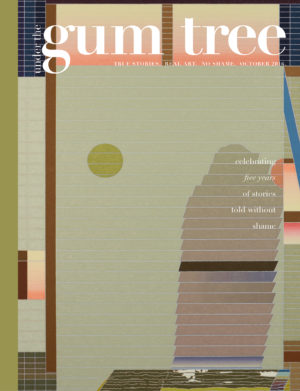Anara Guard

Anara Guard is a fiction writer and poet who has lived in Chicago, Minnesota, New England, and now Sacramento. She received the John Crowe Ransom Poetry Prize from Kenyon College and attended the Bread Loaf Writers’ Conference in fiction. Her poems were recently included in Convergence and Late Peaches, an anthology of Sacramento poets. Her new collection of short stories, Remedies for Hunger (New Wind Publishing), received four stars from the Chicago Book Review and was featured in their Best Books of 2015 list. She is currently working on a novel, set in Chicago in 1970.
When and why did you start writing? What inspires your writing most now?
I wrote as a child and still have a copy of an early story which involved a shoe salesman who was sorrowful at how the customers mistreated their old shoes, tossing them aside in favor of the new, shiny ones. In college I focused more on poetry and then during years of raising children, I primarily wrote in my journal and published professional, nonfiction pieces. About ten years ago, I made writing a priority again and have produced a number of short stories, as well as working on two novels.
Why are you drawn to nonfiction?
I admire how essays can combine the language of poetry and the creativity of fiction with the ring of truth that permeates nonfiction. When I read good fiction, I am living it; when I read good nonfiction, I learn as well.
In regards to participating in Under the Gum Tree’s creative nonfiction simulcast, what are the best parts of speaking/reading to a live audience?
There is, of course, heightened adrenaline in speaking to a live audience. Their reactions instantly let me know whether my humor succeeded, or if they feel what I intended. My words and the audience’s response create a richer, deeper experience that is like theater. Since I usually create in a lone, quiet space, I value such interactions.
Do you think you sympathized more with your father as an adult or as a teenager?
Oh, I definitely sympathize more with him now, as an adult. I understand him better and the forces that shape his life.
Why did you choose to end the piece with the image of the unripened bananas? What did they symbolize for you?
He was so amazed that green bananas were not a different type of fruit than yellow ones are, and I was, in turn, so astonished that he hadn’t ever learned that simple fact. In this instance, his naiveté had kept him green. But he wants to keep learning, to “ripen.” We bought the green bananas as a symbol of hope, even knowing that they will age, just as he is aging.
Do you think your father’s fear/understanding of his incompetence is a fear we all face as we get older?
I don’t think there are universal fears that ALL of us face, but no doubt there are common themes that many of us will recognize and experience. Men of his era (the WWII generation) have more resistance to feeling incompetent—at any age.
Are there common themes between your pieces that you like to explore? Do you use your work to come to a place of understanding or is your work a reflection of reaching an understanding prior?
I like to explore what it might be like to be in another person’s skin—to experience a situation from a perspective different from my own. To me, imagination is at the heart of compassion, and compassion can help expand one’s imagination. The process of writing helps me figure out and understand what I want to say. It’s like having a great conversation with a friend who knows me well!

